For any parent, the phrase of a child that he wants to learn something new and useful sounds like a victory cry, and every mom or dad rushes to help him do it. And, starting to study with the child, the main task of the parent is not only to teach him new things, but also to interest him in learning.
A passionate child will always strive for the best result. And to help parents in this game, which can not only carry your baby, but also teach him something new - how to count. We offer a list of games that will introduce the child to the world of numbers and counting, and help parents make lessons fun and interesting.
Monopoly and similar games for younger students to teach counting
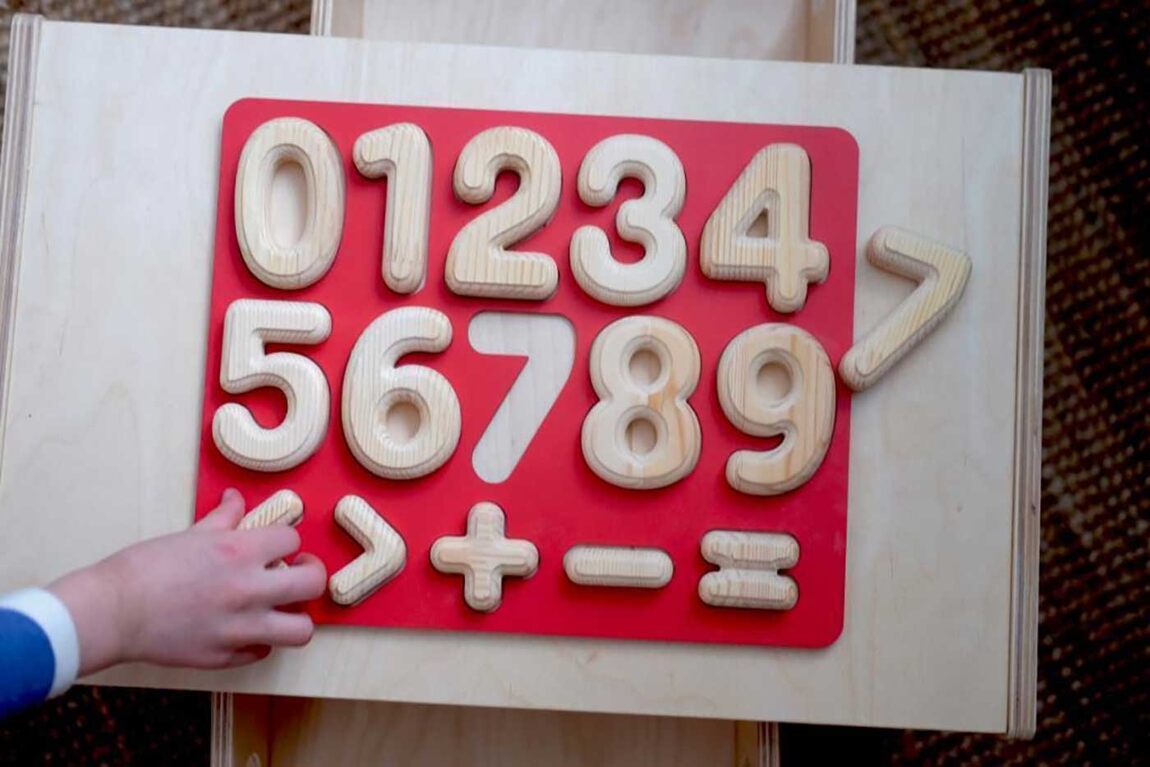
It is a mistake to try to identify mathematics with arithmetic and only arithmetic. What about the related sciences: logic, geometry, and so on. What about the training of attentiveness, assiduity, and strategy, because mathematics is also a strategy.
Mathematical skills need to be developed from an early age, which will have a qualitative impact on the future learning of the child in the subsequent stages of his studies.
In this matter, parents can turn to games. Sounds primitive, but desktop computer games with counting and learning math will help develop mathematical skills in children and turn the lessons of arithmetic in a fun activity. Don't worry that your child will get tired and won't want to learn - if they are interested, they will definitely surprise you with the results.
Mathematical skills need to be developed from an early age, which will have a qualitative impact on the future learning of the child in the subsequent stages of his studies.
In this matter, parents can turn to games. Sounds primitive, but desktop computer games with counting and learning math will help develop mathematical skills in children and turn the lessons of arithmetic in a fun activity. Don't worry that your child will get tired and won't want to learn - if they are interested, they will definitely surprise you with the results.
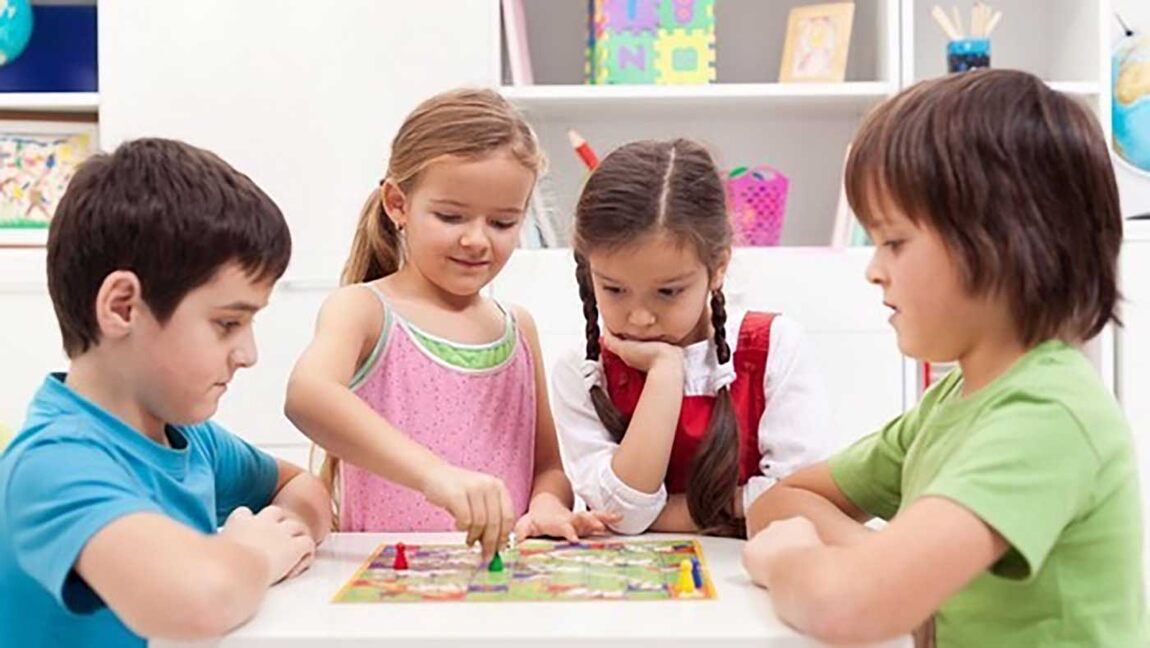
We offer a selection of the most interesting and effective games for all ages on the subject of calculus.
Strawberry paths
For children over the age of three, a bright and exciting game with an interesting storyline, Strawberry Trails. In the game, little bears collect forest berries. The player's task is to open a card with a bear cub, read the berries in his paws, and point to a number equal to the number of berries counted.
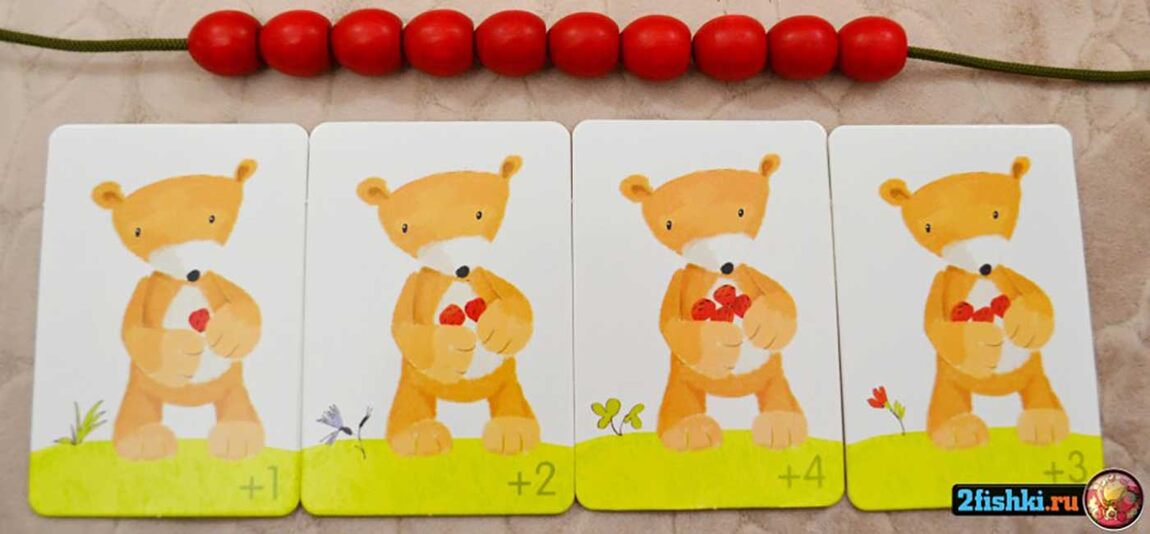
The peculiarity of the game is that the child will not even notice how much fun he had, and most importantly - he memorized new numbers, and easily recognize them in real life. This game has no end - everyone wins here.
The player must learn all the numbers and reach the finish line, where there are no winners, but there are grandma and grandpa, who are going to bake a berry strawberry pie. The one who counts the most berries will have the tastiest one. Hurry up and start counting!
The player must learn all the numbers and reach the finish line, where there are no winners, but there are grandma and grandpa, who are going to bake a berry strawberry pie. The one who counts the most berries will have the tastiest one. Hurry up and start counting!
Halley-Galley
Halley-Galley is for children ages five and up. The player's task is to learn the number five, memorize it and recognize it among other numbers. The player looks at the playing field, the cards are opened in front of him.
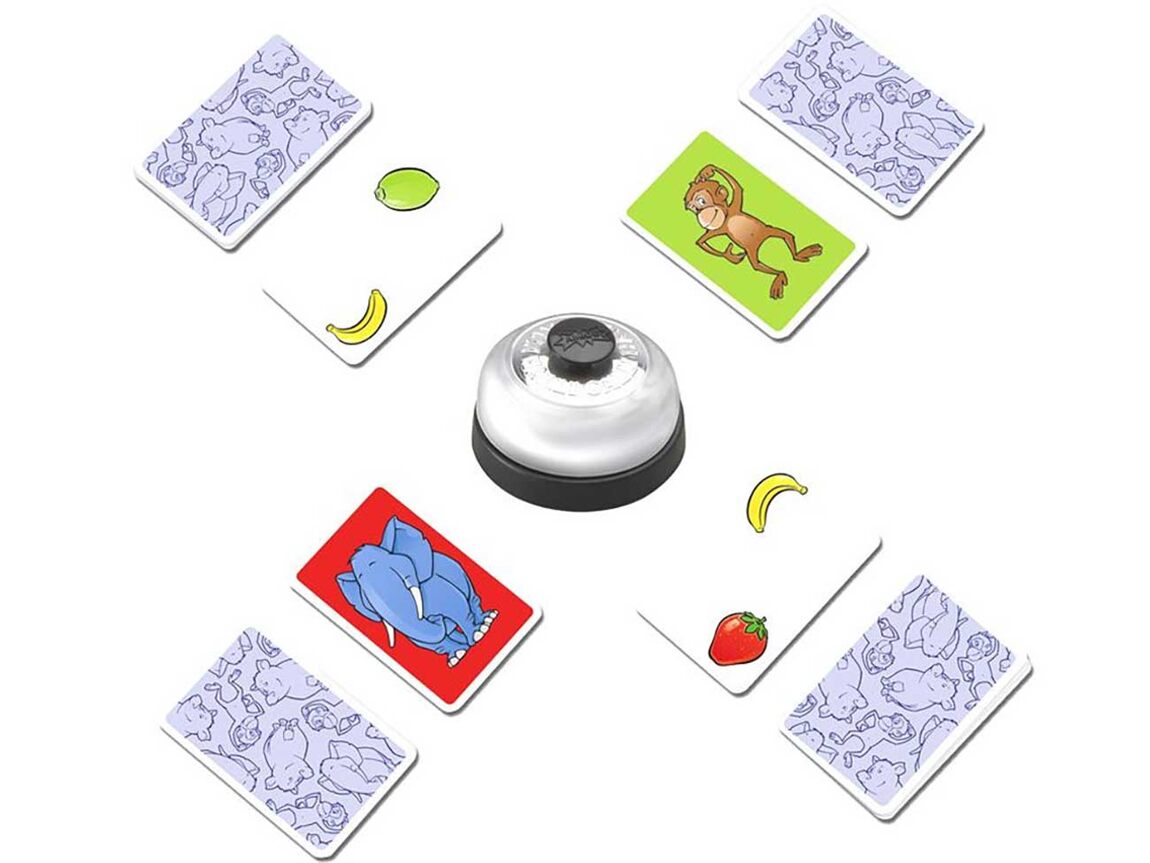
Each open card will show fruit, you need to find a card with five of the same fruit and quickly press the bell. You have to do it before the other players do, to get all the open cards.
The winner is the one who collects the most cards. The game is endless, but fascinating. You can play with younger children at home with similar rules, teaching them to distinguish not the number of fruits, but their types.
The winner is the one who collects the most cards. The game is endless, but fascinating. You can play with younger children at home with similar rules, teaching them to distinguish not the number of fruits, but their types.
10 pigs
For children over the age of 6, you can safely try the "10 piggies" game. Often in first grade, the homework assignment is to learn counting up to 10 by heart. A child does not want to learn uninteresting tables with the composition of numbers. And we need to learn, so let's throw away the textbook and welcome to the game.
Piggies in costumes of various characters of fairy tales are ready to help the little mathematician learn numbers, and the child can do it in a fun and relaxed way.
Piggies in costumes of various characters of fairy tales are ready to help the little mathematician learn numbers, and the child can do it in a fun and relaxed way.
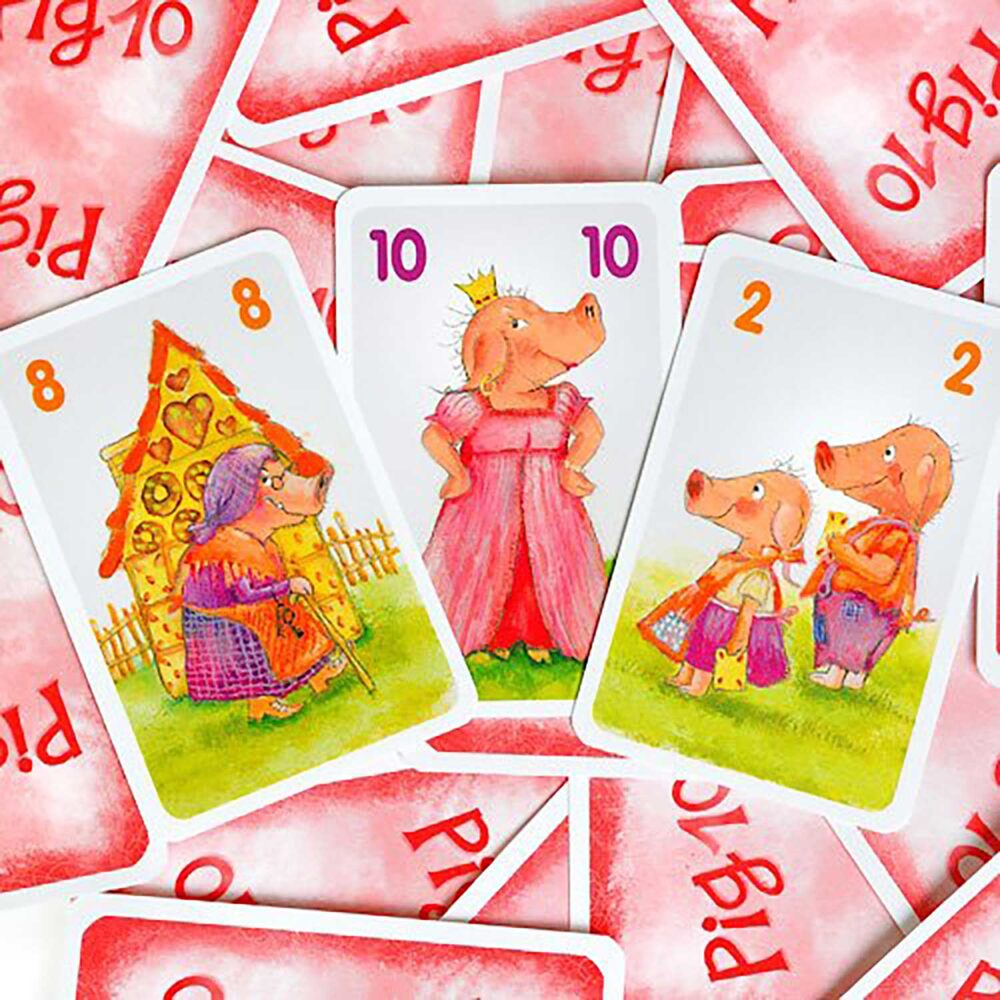
Each player on the field chooses a card he likes, and the number obtained on it is added to the number of the open deck. The player can earn all open cards if he gets a sum equal to ten when adding up the values. You can not get more or less, only 10. Otherwise, the cards will go to the opponent. That's how quickly and with excitement the child will learn "10" and be sure to surprise the teacher on the test.
Sleeping Queens
Children older than 7 years old will be interested in learning to count with the game "Sleeping Queens". This game is for those children who do not want to learn to count for any reason. They avoid home lessons in every way and reluctant to do their homework. And in this case, the developers have come up with a secret weapon - a game of "Sleeping Queens".
Surprisingly, but in 10 cases out of 10 royal ladies can captivate the child and awaken a young mathematician in him. The best part is that it can be done completely unnoticed by the child. The essence is to get rid of unnecessary, useless cards using potions, magic wands, sleeping pollen.
Surprisingly, but in 10 cases out of 10 royal ladies can captivate the child and awaken a young mathematician in him. The best part is that it can be done completely unnoticed by the child. The essence is to get rid of unnecessary, useless cards using potions, magic wands, sleeping pollen.
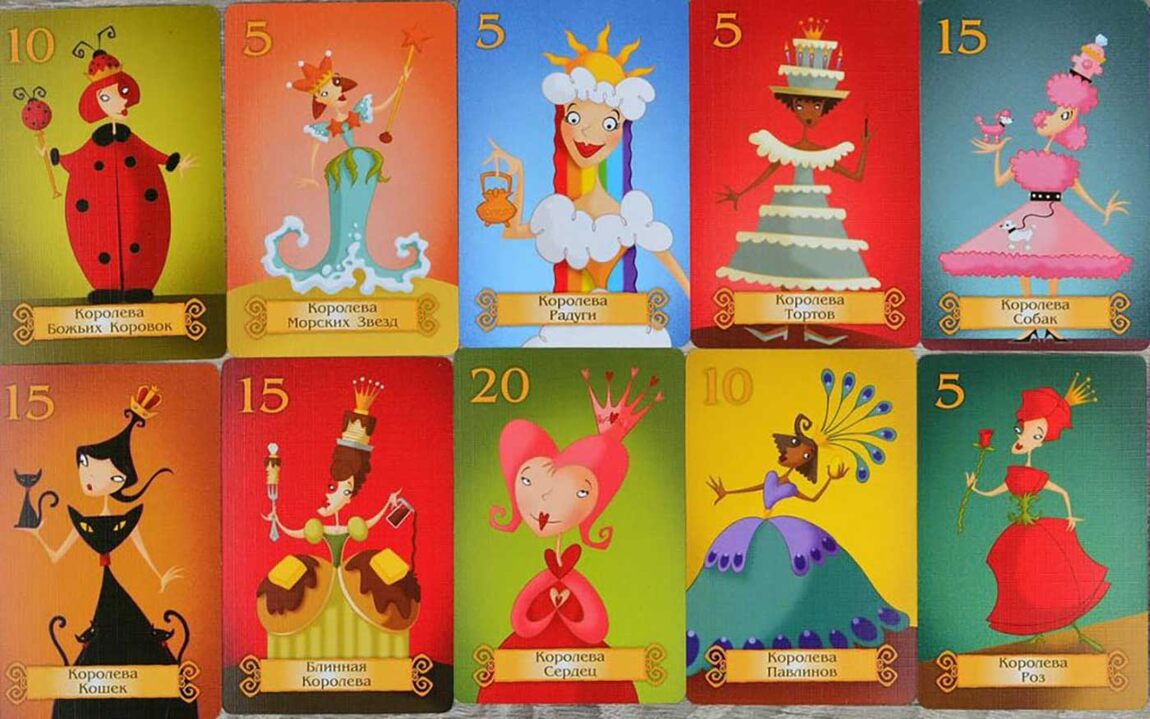
The only way to do this is to make an example out of them. This can be the simplest addition, subtraction of any complexity. You can not make examples, omit the math, but then you can discard only one card. And if an unequal battle has begun, one wants to win - you have to count to ensure that no one is ahead and does not wake up the queen of the roses.
Zeus on vacation
For older children, you can try the game "Zeus on Vacation". The developer recommends it for players over 8 years old. This math-developing game invites kids to a competition where players can sharpen their ability to add and subtract numbers up to 100.
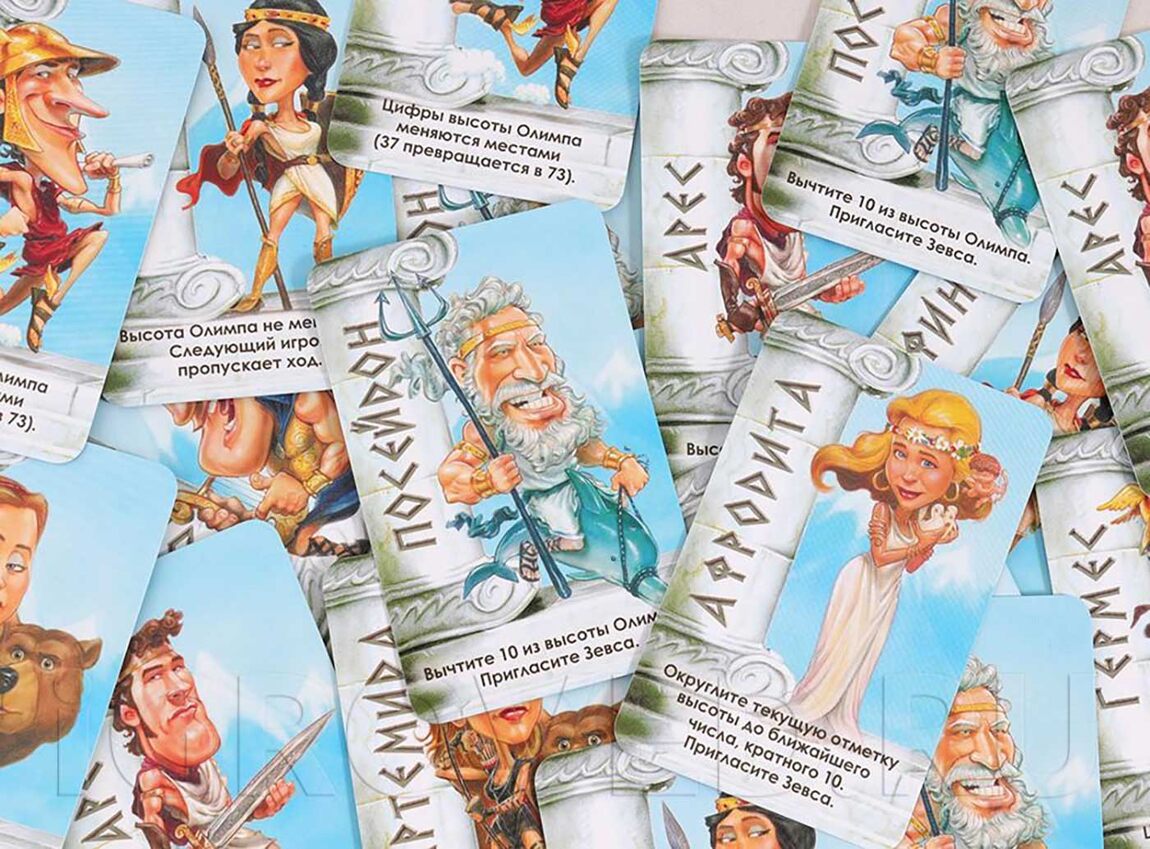
The top of Olympus is still free, so who will be able to overcome it? The player must choose a card on the playing field and pull it to the middle of the table. Each drawn card is a new height. At the top there is a round and beautiful number 100.
Achieving success is not enough, the top must be conquered by holding the statue of Zeus in his hands. To get the main god, you have to use the help of the other Olympic gods - it's a great training of mental calculation. The child is sure to be fascinated by the game all the vacations, and afterwards - will surprise you with the knowledge gained.
Achieving success is not enough, the top must be conquered by holding the statue of Zeus in his hands. To get the main god, you have to use the help of the other Olympic gods - it's a great training of mental calculation. The child is sure to be fascinated by the game all the vacations, and afterwards - will surprise you with the knowledge gained.
Monopoly
Monopoly is probably the most popular game for those who want to learn how to keep score and more. A real enterprise opens up for the young player, who can not only learn how to keep score properly, but also organize his own business.
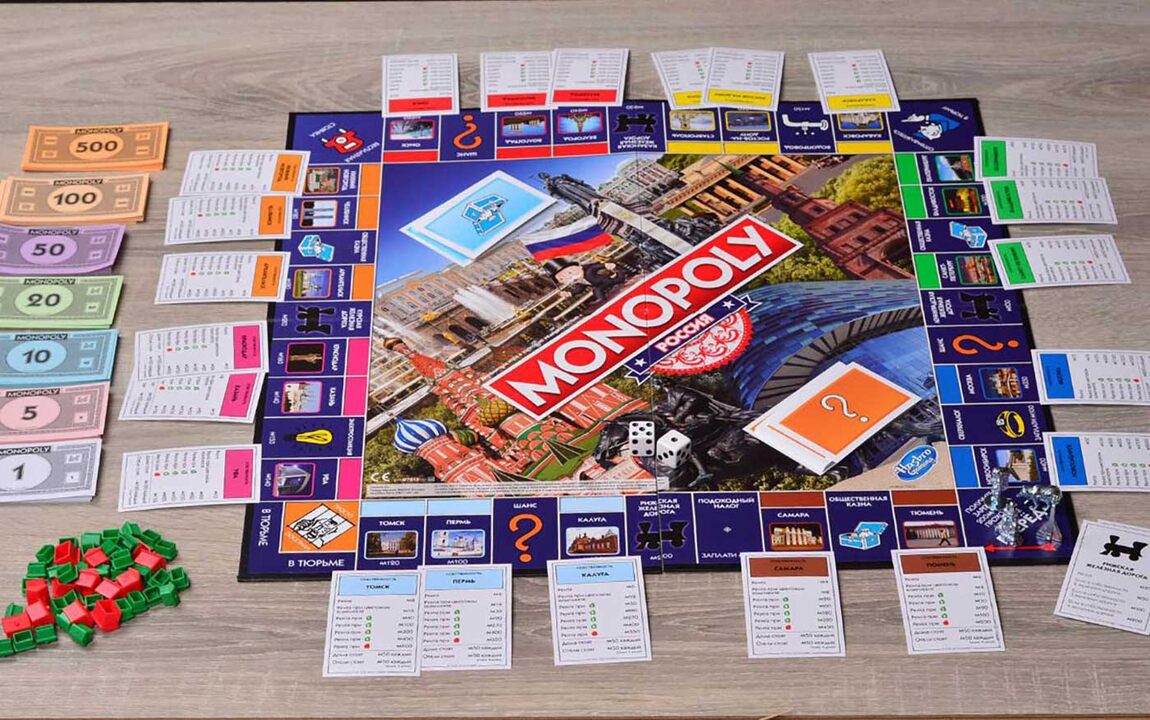
In this game, you can't go anywhere without counting: streets, construction money, proceeds, capitals - everything has to be reduced to money and count it. There are many versions of the game for different ages. For older children it is proposed to use monetary units with different, complex numbers, operating with serious amounts. This game is very popular as a game aimed at improving counting skills and developing an entrepreneurial personality.
Use games to develop counting, turn homework into fun activities, because children love to learn numbers and actions with them in a playful way. They literally master the material on the fly, memorize the most complex details and are not afraid of difficulties, but on the contrary, fun and interesting to overcome them. Such training is sure to bring the desired and excellent result.
Use games to develop counting, turn homework into fun activities, because children love to learn numbers and actions with them in a playful way. They literally master the material on the fly, memorize the most complex details and are not afraid of difficulties, but on the contrary, fun and interesting to overcome them. Such training is sure to bring the desired and excellent result.
01 April 2021